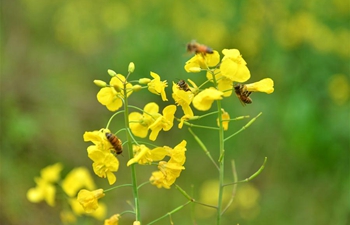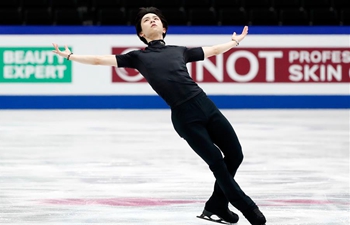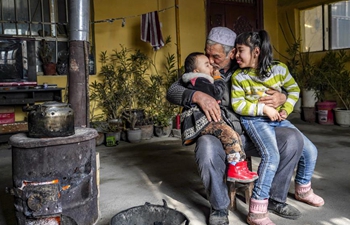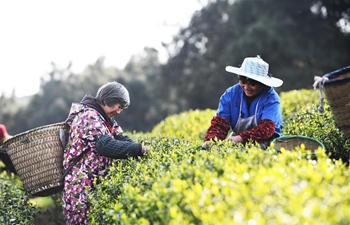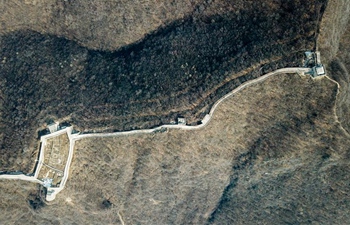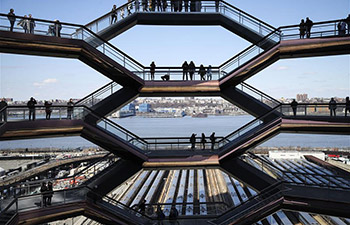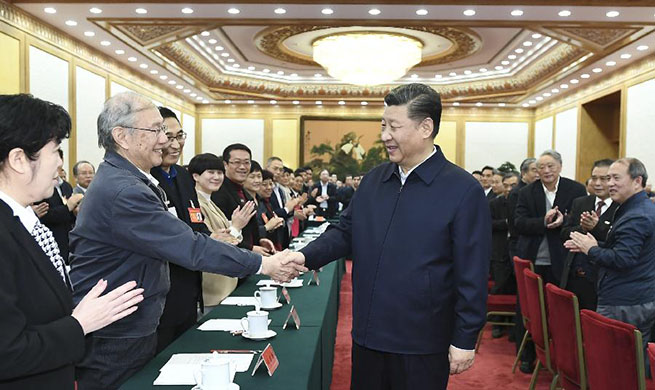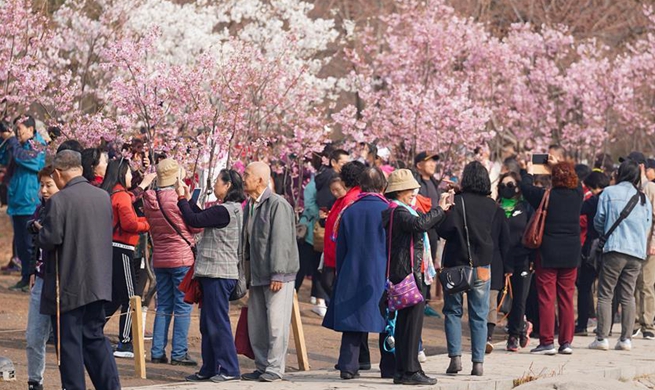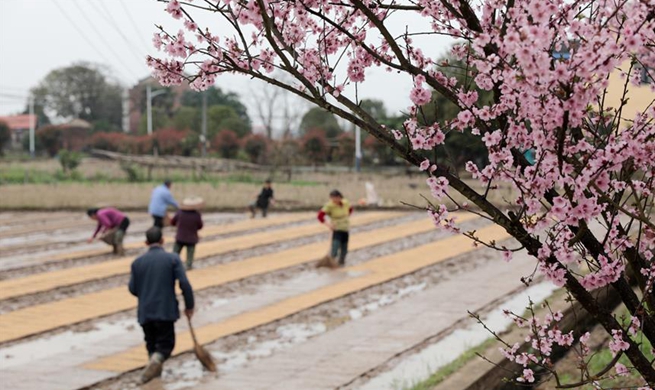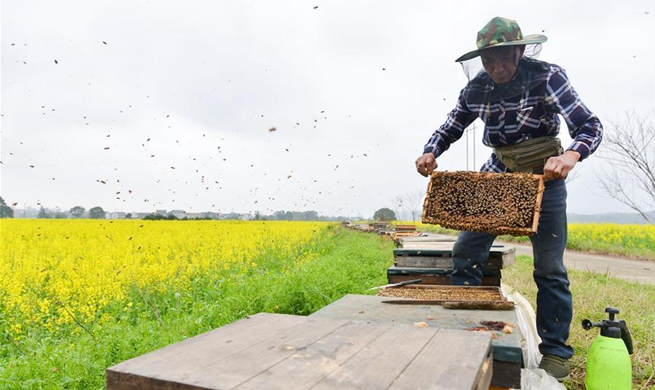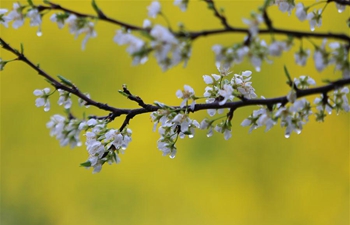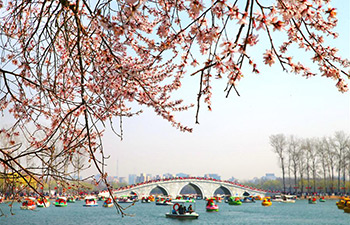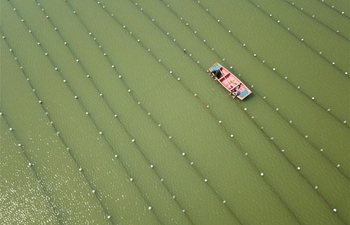TOKYO, March 19 (Xinhua) -- The Japanese government on Tuesday approved a plan to revise the child abuse prevention law and institute changes to ban parents and guardians from physically punishing children amid rising cases of abuse.
The revised bill and related legislation will be deliberated during the ongoing parliamentary session with an aim to be enacted in April next year, the government said.
Japanese Prime Minister Shinzo Abe told a cabinet meeting before endorsing the bill that it is the responsibility of all adults to protect the lives of children and that the government will powerfully and swiftly work to take steps to prevent child abuse.
Abe, citing a rise in child abuse cases every year, told his cabinet ministers to make every effort and utilize all means available to them to eradicate the social crisis.
The Japanese premier also said that prevention and early detection of child abuse are vital and that seamless communication between relevant authorities is key to better protect and support victims.
The draft bill, while banning parents, guardians and others legally responsible for caring for children from physically punishing children, also requires full-time, in-house lawyers and doctors to be based at child welfare centers so that information and professional expertise can be easily shared.
One of the planned amendments to the current law will also empower child welfare centers to separate its staff members involved in taking a child into protective custody from those dealing with the child's parents or guardians.
The number of child welfare and consultations centers will also be increased and schools, education boards and welfare centers will be required to adhere to stricter confidentiality requirements, according to the draft bill.
This is aimed at better safeguarding abused children and ensuring that abusive parents and guardians cannot coerce institutions into providing potentially damaging information or make decisions that could further put an at-risk child in danger.
The government's latest moves come amid damning national child abuse statistics and in the wake of the tragic death of five-year-old Yua Funato in March last year, who had been a victim of heinous levels of abuse and neglect at the hands of her Tokyo-based parents.
It was revealed after Yua's death that child welfare centers had not communicated with each other effectively when her family had moved and had been tardy when it came to checking on the young girl's safety.
Another high-profile case prompting the government's re-examination of its child abuse prevention law involved the fatal abuse of 10-year-old Mia Kurihara in Tokyo's neighboring prefecture of Chiba.
Mia died in January this year as a result of being physically assaulted and deprived of food and sleep. Her parents have since been arrested.
Mia's case revealed fundamental flaws in the protocols of institutions and child welfare facilities that allowed for the young girl's written account of her abuse by her father being handed to him after he coerced her school.
In addition, Mia being returned from protective custody to her abusive parents despite welfare officials knowing she would likely be abused again, revealed a disturbing trend of lax measures by authorities in charge of protecting her.
The government's plans to introduce a ban on parents from physically punishing their children also follows disturbing child abuse figures released in Japan recently.
According to the latest figures from the National Police Agency (NPA), suspected abuse cases involving minors aged below 18 years old reported by the police to child welfare officials stood at a record-high of 80,104 in 2018.
The figure has not only risen above the 80,000 mark for the first time since comparable data became available and increased by 22.4 percent from a year earlier, but is also more than a 2.8-fold increase compared to figures from five years ago, the NPA said.
Cases of physical abuse were suspected in 14,821 cases referred to child protection authorities and 7,699 cases of children being neglected were also reported, the NPA's figures showed.
Cases reported of children being sexual abused stood at 258, the police authority also said.
All categories pertaining to child abuse saw an increase in reported cases, compared to figures released a year earlier.
The NPA's figures also showed that intervention by law enforcement officials in suspected child abuse cases in the recording period was three times higher than that of 2009, with action taken in 1,355 cases in 2018.
The revisions to the child abuse prevention law approved Tuesday, have, however, been criticized by some experts, as the draft bill does not mandate penalties for offenders, nor does it cater to instances of psychological abuse against children.
Takayuki Suzuki, Toyo University professor on child welfare studies, who used to work at a child consultation center, has highlighted that while there has been an increase in the number of cases of physical abuse against children, cases of psychological abuse have also increased in Japan.
Suzuki's point has been underscored by the NPA's figures showing that cases of psychological abuse against children comprised 70 percent of the total abuse cases in 2018.
